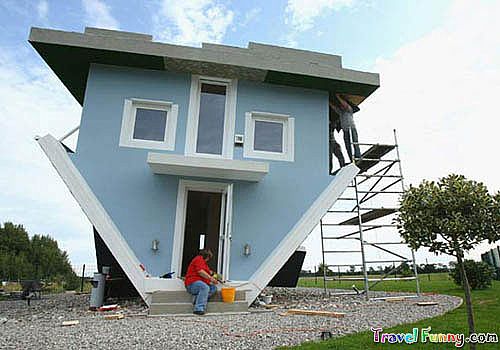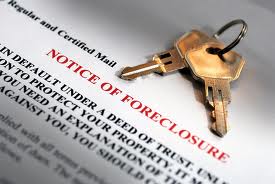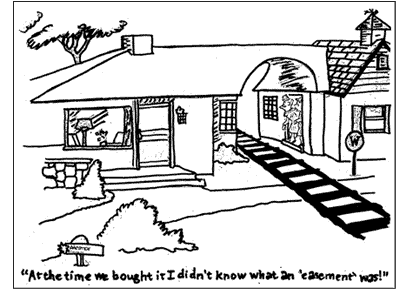Doing maintenance jobs yourself can be a smart way to save money, but choose the right DIY projects or you'll end up paying dearly.
Why pay someone to do something you can do yourself? Because sometimes doing it yourself costs more than it saves.
More than 100,000 people injure themselves each year doing home improvement jobs. So add medical bills to your DIY budget, and you ending up spending the same, or more, than if you hired a pro.
We’re not suggesting that you call a plumber each time you need to plunge a toilet. But think twice about what DIY might really cost you. Here’s how to decide.
Stick to routine maintenance for savings and safety
Seasonal home maintenance is ideal work for the weekend warrior because you can tackle these jobs when your schedule permits. Because these are routine maintenance projects, your savings will add up. Mowing your own lawn, for example, saves $55 to $65 a week for a half-acre lawn. The bigger the lot, the bigger the savings: with two acres, you’ll pocket around $150 per week.
When it pays:
- Snow removal
- Pruning shrubs
- Washing windows (be careful on that ladder)
- Sealing decks
- Painting fences
- Fertilizing lawns
- Replacing air conditioner filters
- Cleaning gutters
When it costs: Unless you have skill and experience on your side, stay off any ladder taller than six feet; according to the U.S. Consumer Product Safety Commission, emergency rooms are filled with people with ladder injuries. The same goes for operating power saws or attempting any major electrical work—it’s simply too risky if you don’t have the experience.
Become your own general contractor
If you’re more comfortable operating an iPhone than a circular saw, you could act as your own general contractor on some home improvement projects. That means you hire, schedule, and pay the carpenters, plumbers, and other tradesmen yourself. You’ll save 10% to 20% of the job cost, which is the contractor’s typical fee.
When it pays: If it’s a small job that requires only two or three subcontractors, and you have good relationships with top-quality professionals in those fields, consider DIY contracting.
When it costs: When you don’t have an established network of reliable workers, time to supervise, construction experience to spot problems, and the skill to negotiate disputes between subcontractors, your project and budget are at risk.
Invest sweat equity on big jobs
Contribute your own labor to big jobs being handled by a professional crew and cut hundreds, even thousands, off construction costs. For instance, tear out kitchen cabinets and appliances before the contractor gets started, and you might knock $800 off the cost of your remodel. Make sure you negotiate cost savings with your contractor before pitching in.
When it pays: Jobs that are labor-intensive but require relatively little skill make perfect sweat equity jobs. Perform minor interior demolition, such as pulling up old flooring, daily job site cleanup, product assembly, and simple landscaping.
When it costs: If you get in the crew’s way, you may slow them down far more than you help. Make your contributions when the workers aren’t around; mornings before they arrive, or nights and weekends after they’ve left.
Add finishing touches
Unlike the early phases of a construction job--which require skilled labor to frame walls, install plumbing pipes, and run wires--many finishing touches are comparatively simple and DIY-friendly. If you paint a basement remodel yourself, for instance, you can save up to $1,800.
When it pays: If you have skill, patience, or an experienced friend to teach you, setting tile, laying flooring, painting walls, and installing trim are good DIY jobs.
When it costs: The downside to attempting your own finish work is that the results are very visible. Hammer dents in woodwork, or sander ruts in hardwood floors will annoy you every time you see them. So unless you have a sure eye and a steady hand, don’t perform the tasks that only a skilled tradesperson will get right.
Find your next home with me! Text LKHOMES to 87778 or visit http://87778.mobi/LKHOMES for your FREE search.
Laura Key, CalBRELic #0198085
www.KeyCaliforniaHomes.com
















